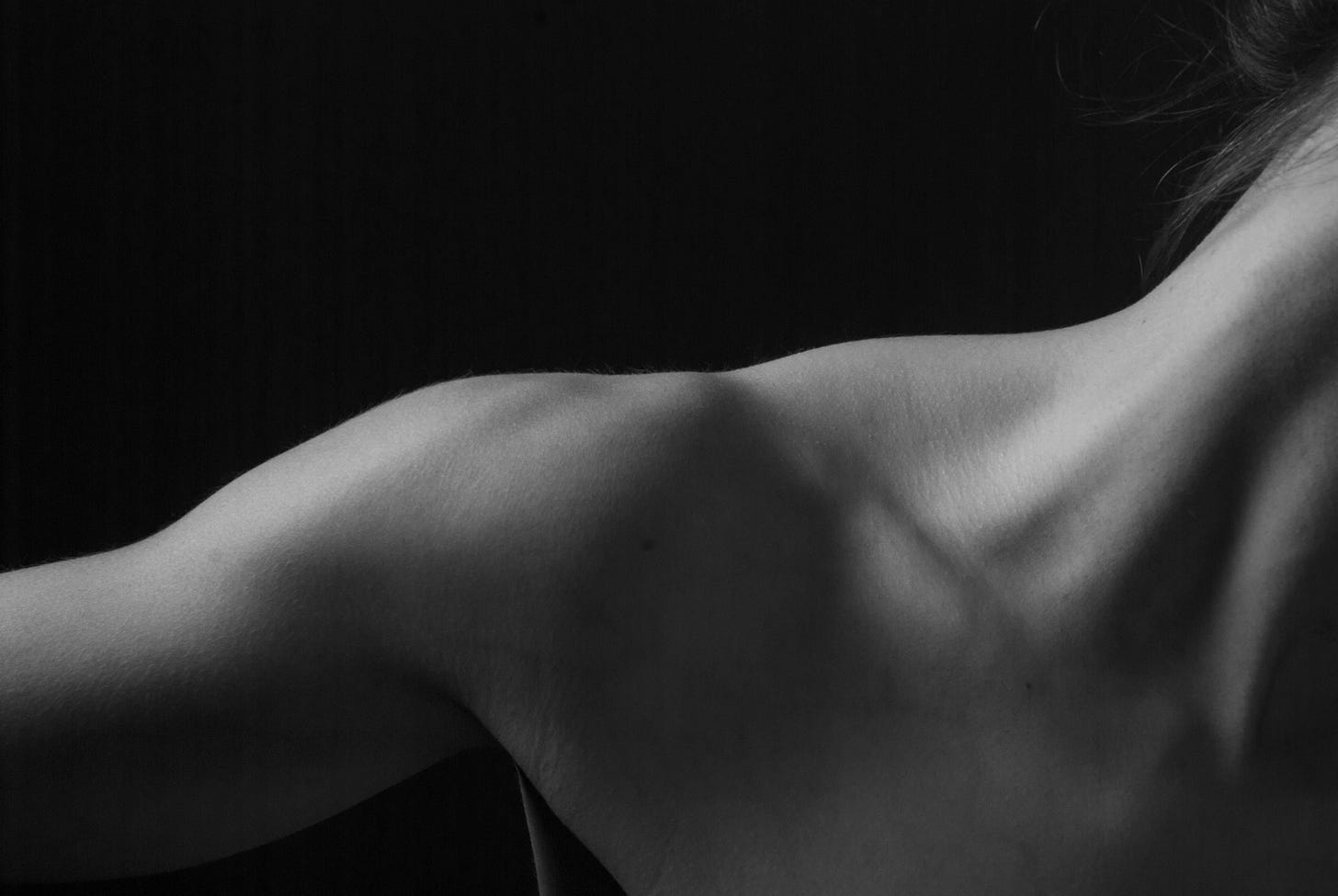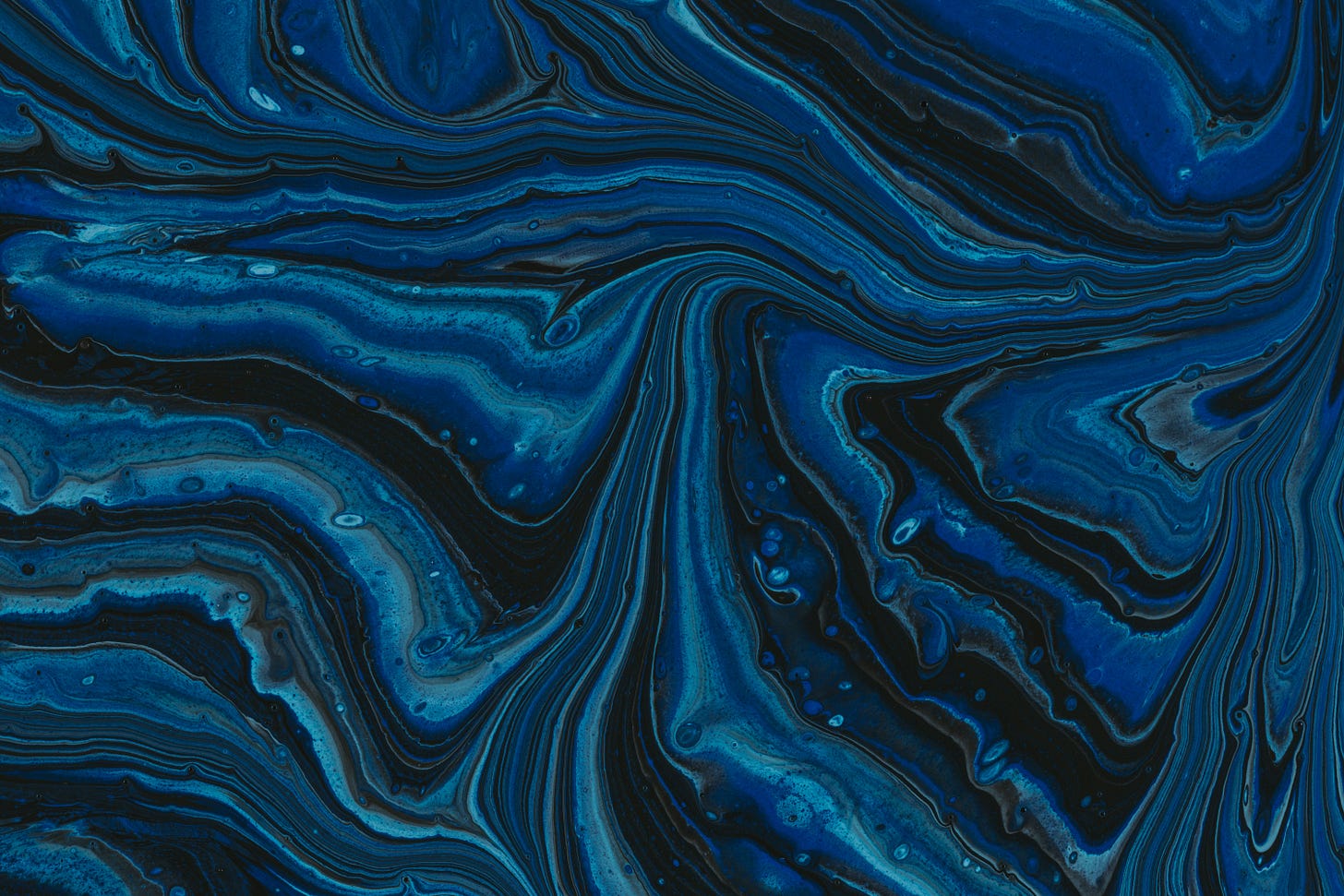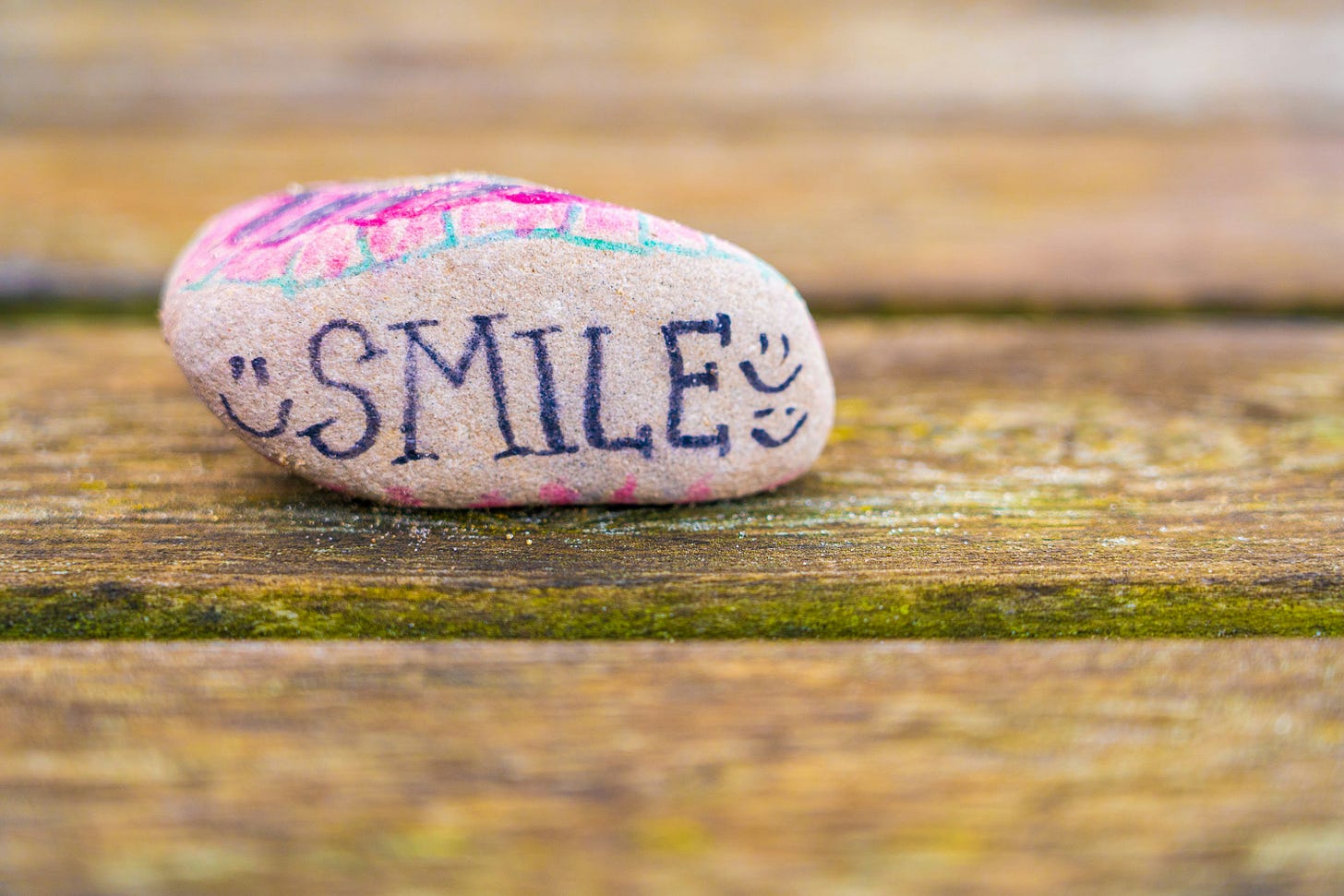Body Image, Dysmorphia, and Me
A personal journey through body dysmorphia, body image, and ageing. Exploring self-acceptance, societal pressures, and finding peace with my body in my 60s

My Body Image - Still a Work in Progress
Body dysmorphia is a term that's seems to be in the media lately with many celebrities, men and women, mentioning their struggles. Body Dysmorphic Disorder is the perceived flaw of a body part that is obsessed over and criticised. Among other things it can lead to self esteem issues, anxiety, and eating disorders.
THEN
Growing up as a dancer, where not only is intense emphasis placed on what your body looks like but your literal job is to ‘fix’ little things to improve your technique, the self body scrutiny is next level. As a dancer your appearance is crucial. Dance involves constant exposure to mirrors, (I’ve written about that HERE) and it's easy to become obsessed with how you look. People with Body Dysmorphic Disorder tend to be perfectionists which also fits with the dancer archetype.
So body dysmorphia is something I've experienced on and off since I was about 14 or 15. It didn’t help that I was a late bloomer - no period until I turned 16 - and up until then, I was scrawny and small. The joke was that my bra would fit better backwards because my shoulder blades were bigger than my boobs. Before puberty I could eat whatever I wanted without worrying about gaining weight, but suddenly, my eating habits and my body were out of sync. I spent my last year of high school at a training school on the other side of the country, away from my family, and being on my own with unlimited cafeteria food was a challenge. While I never suffered with a full blown eating disorder I did have issues with binging. Some classmates took up smoking or did drugs to curb their appetites.
In my twenties and thirties when I was dancing professionally to maintain my weight I was on a very restrictive diet - I was not big but I felt like I was. In one of the dance companies I was in, out of the four women, I was labeled as one of the “big girls” purely because I was taller with a larger body frame. I definitely internalised that, the parts I was given reflected that, and I felt apologetic about having to be partnered, like I was too heavy or too big.
This mindset - the way we pick apart our bodies and fixate on what we don't like - is so, so, so, common not just in the dance world, but in the whole world, especially now with the easy comparison through social media.
When I started teaching Pilates, I noticed patterns of negative self-talk in my clients. I made a conscious effort to combat it by asking them to name one part of their body they did like, to drown out that constant inner critic. But it’s tough. Body dysmorphia can be framed as the disconnect between what we feel we look like and what we actually look like - how we see ourselves versus how others see us. And often, we're way more critical of ourselves than we are of others. In Objectification Theory, we see our value as our outside appearance. We become the observer and critic which erodes our confidence and self-esteem, leaving us vulnerable to judgment and fear of rejection.
Over the years, several people close to me have developed eating disorders - anorexia, bulimia. When someone you care about is so malnourished that they see a completely distorted version of themselves in the mirror, it’s devastating. You feel impotent because no matter what you say, they don’t believe you. Their brain is literally starved, and their mind betrays them into seeing something that isn’t there.

NOW
So why am I bringing this up now? Because, in my 60s, I’m still dealing with body dysmorphia.
It’s kindov’ a no brainer that positive body image satisfaction is important to psychological wellbeing, right? But here’s the deal, our body image is not static, it changes over time and at different stages of our lives. Post menopause, my body has continued to change shape, and as much as I advocate for focusing on finding strength from within, we live in a superficial society so sometimes it’s hard.
Let’s be honest, we’re judged by our appearance, especially if we’re women. I struggle with balancing the values I try to live by and preach to my clients with society’s expectations and the emphasis on youth culture. Some days, I feel totally at ease with who I am. I remind myself that I'm strong and healthy, physically capable, and generally confident. On those days, I don’t mind so much what I look like. But then there are days when I feel the pull to do whatever it takes to "keep up." It’s hard to admit, but part of me is curious about trying a few procedures, while another part is mildly disgusted by the need to even consider them.
I want to be clear - I’m not judging anyone who chooses cosmetic procedures. I 100% agree that we all have the right to make our own choices about our bodies. I’m just trying to figure out where I stand, especially on days when I struggle to feel comfortable in my own skin. I look in the mirror and long to see the body I had in my 20s and 30s when I was dancing eight hours a day. But let’s face it, that body is long gone, and I grapple with how hard I want to work to reclaim something close to it, purely for aesthetic reasons. I know I just need to learn to relax and revel in who I’ve become - I’m still me on the inside but my outside packaging is just a bit crinkly.
Perhaps part of the solution is allowing myself permission to zigzag through this process. It’s okay to have days where I care more and days where I care less. I’m starting to let go of certain things - like hanging on to old clothes that no longer fit ("skinny jeans” andy one?). I’m just buying new clothes that fit my body now and make me feel good. It’s a small step, but it feels like a move in the right direction.
UNIVERSAL FEELINGS
In researching body image and dysmorphia, I’ve realized this issue is so much bigger than just me. It’s something that affects people of all genders and ages, in different ways and at different stages of life. If you’re keen for more information here is a really great Pubmed review on body perceptions and psychological well-being.
Western society’s norms—thin, but curvy women and lean, muscular men—create unrealistic ideals that so many of us internalise. The body positivity movement has made strides, but there’s still so much more work to be done. Ultimately, our self-esteem is deeply tied to how we feel about ourselves, and it’s a shifting, multifaceted issue that evolves with us over time.Here is a really great pubmed REVIEW on body image if you’re keen for more information.
I’m still figuring it out. I might never completely resolve the tension between how I feel and how I want to feel, but talking about it feels like a good first step. Maybe that’s all we can really ask for - permission to be a little messy, a little conflicted, and a little kinder to ourselves as we move through the world. As always it starts with self love.
Thanks for reading.
xBec
photo by Nick Fewings
I also like to hang on to this Jospeh Pilates quote:
The information contained above is provided for information purposes only. The contents of this blog are not intended to amount to advice and Rebecca Forde disclaims all liability and responsibility arising from any reliance placed on any of the contents of this post




